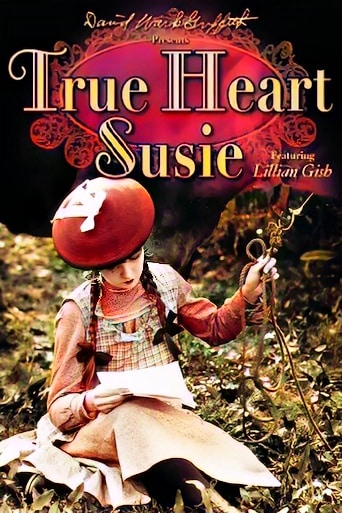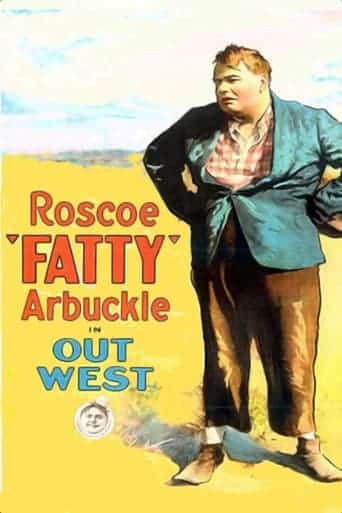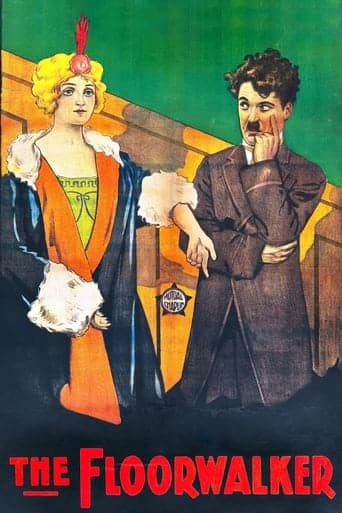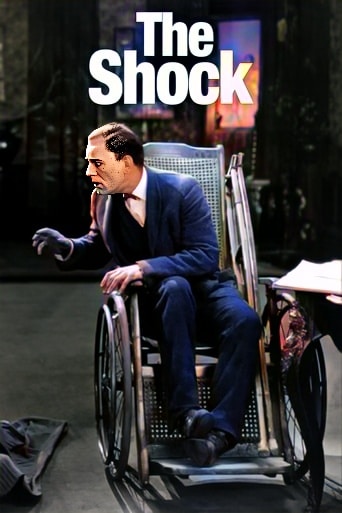Oliver Twist (1922)

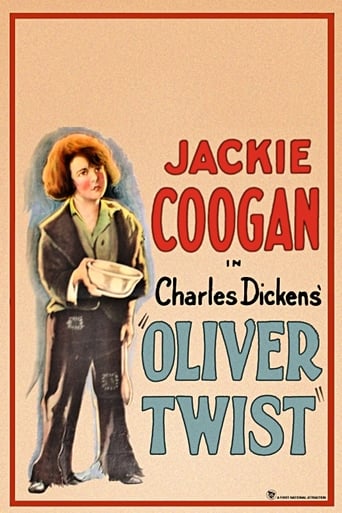 The 1922 silent film adaptation of “Oliver Twist” stands as one of the early cinematic interpretations of Charles Dickens’ classic novel.
The 1922 silent film adaptation of “Oliver Twist” stands as one of the early cinematic interpretations of Charles Dickens’ classic novel.
Directed by Frank Lloyd, this black-and-white silent movie aimed to capture the essence of Dickens’ work in a visual medium, a formidable challenge during a period in film history when spoken dialogue was absent. The film tells the enduring story of a young orphan navigating the grim streets of Victorian London and the various characters he encounters along the way.
“Oliver Twist” follows the life of the titular character, Oliver Twist, an orphan who escapes a harsh workhouse and ventures to the bustling streets of London in search of a better life. Along his journey, he crosses paths with a series of memorable characters, including the malevolent Fagin, the sinister Bill Sikes, and the kindhearted Mr. Brownlow.
The central conflict arises when Oliver is taken in by a gang of juvenile delinquents led by the cunning and manipulative Fagin. He is drawn into a world of petty crime and pickpocketing, unwittingly joining the gang’s illegal activities. As he becomes further entangled in their criminal endeavors, Oliver’s innocence and good-hearted nature are continually tested.
Jackie Coogan, a renowned child actor of the silent film era, portrayed Oliver Twist. Coogan’s performance was a highlight of the film, as he convincingly portrayed Oliver’s innocence and vulnerability in the harsh world he encountered. Lon Chaney, a celebrated character actor known for his chameleon-like ability to transform into various roles, played the sinister character Fagin. While Chaney’s portrayal of Fagin was less grotesque and sinister than the character in Dickens’ novel, his performance was still notable.
The 1922 “Oliver Twist” was produced during the silent film era, a time when cinema relied on visual storytelling, intertitles (title cards with text), and expressive acting to convey narrative and emotion. Actors needed to convey their characters’ thoughts, emotions, and dialogue through their expressions and actions. The absence of spoken dialogue meant that storytelling was largely a visual and physical art, placing a significant burden on actors and directors to convey the narrative effectively.
Frank Lloyd’s direction of “Oliver Twist” aimed to capture the grim and gritty atmosphere of Dickens’ work. The film’s moody visuals and atmospheric settings helped transport the audience to the dark streets of Victorian London. However, the film was a condensed adaptation of the novel, necessitating the omission of many characters and plot details. Such changes were common in early film adaptations of lengthy novels to fit the constraints of feature-length films.
“Oliver Twist” received favorable reviews from audiences and critics of its time. Jackie Coogan’s portrayal of Oliver was particularly praised for its emotional depth. The film’s atmospheric cinematography and Lon Chaney’s performance as Fagin also garnered acclaim. However, the film’s narrative was considerably simplified compared to Dickens’ original work.
The 1922 adaptation of “Oliver Twist” remains an important part of cinematic history, reflecting the early efforts to bring classic literature to the screen during the silent film era. The enduring appeal of Dickens’ story has led to numerous subsequent adaptations in film, television, and other media, demonstrating the timelessness of the source material.
In conclusion, the 1922 silent film adaptation of “Oliver Twist” is a testament to the creative challenges faced by filmmakers during the early years of cinema. It successfully brought to life Dickens’ timeless story through visual storytelling and expressive acting, leaving an indelible mark on cinematic history. The film’s ability to capture the essence of Dickens’ work, despite the limitations of the silent film era, solidified its place in the annals of film adaptation.
Release Date: November 13th, 1922
Main Cast Members
Jackie Coogan (Oliver Twist)
James A. Marcus (Mr. Bumble)
Aggie Herring (Mrs. Corney)
Lewis Sargent (Noah Claypole)
Joan Standing (Charlotte)
Carl Stockdale (Monks)
Lon Chaney (Fagin)
Loading live eBay listings...

